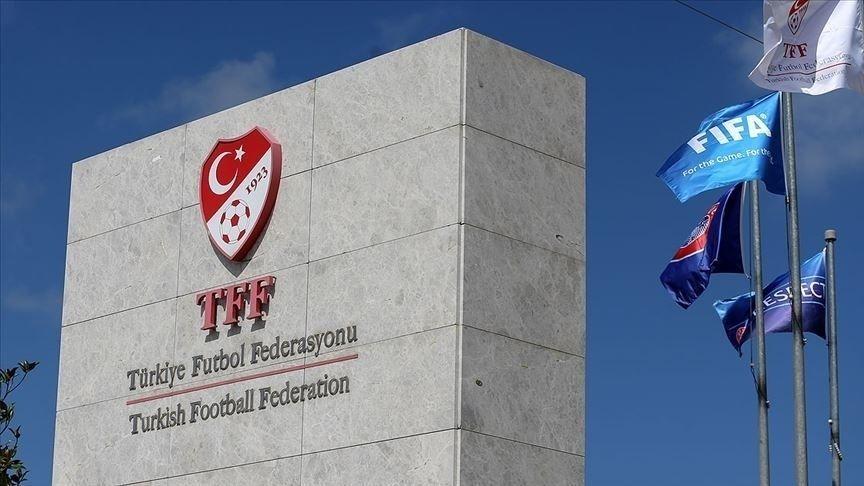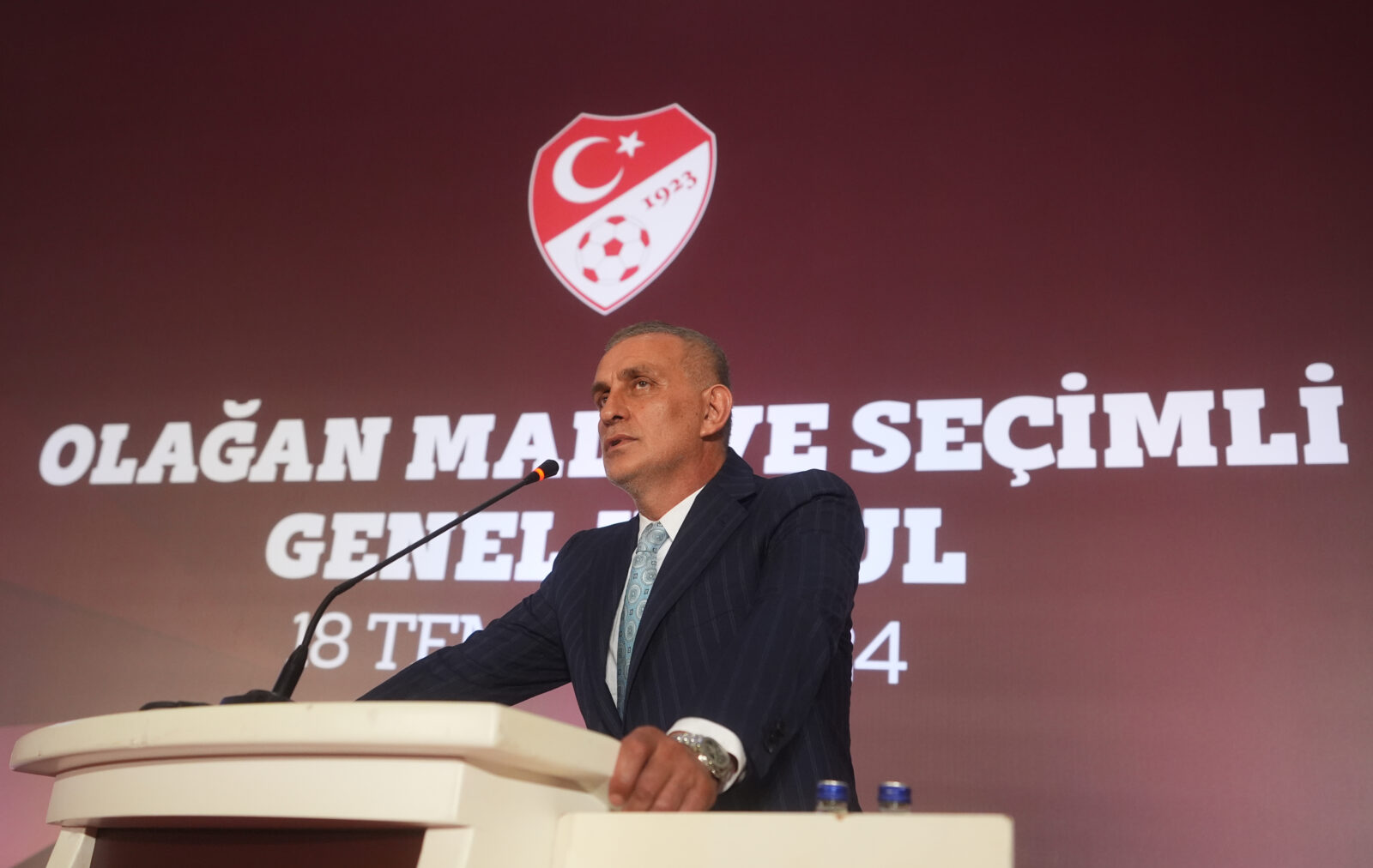
Refereeing decisions in football often spark debate, but in Türkiye, they frequently become themain focus. Now, ahead of one of the most anticipated matches of the season, theGalatasaray-Fenerbahce derby, the discussion is centered not on the teams, but on the referee. The Turkish Football Federation (TFF) has appointedSlovenian referee Slavko Vincic to officiate the match, with his compatriots Tomaz Klancnik and Andraz Kovacic as assistant referees. Kadir Saglam will serve as the fourth official.
This decision may seem “unusual” today, butforeign referees have officiated matches in Türkiye for decades. In theearly 20th century, when football was still developing in the territories of Ottoman Türkiye, foreign officials were used for key matches. One of the first recorded cases wasJames La Fontaine, a British referee who officiated games in1907.
Following the Ottoman Türkiye era, during the Republican era beginning in 1923, anAustrian refereewas brought in to officiate a replayed final betweenIzmirspor and Fenerbahceafter a disputed match in 1933. Throughout the1940s, foreign referees continued to be used occasionally, but by the1970s, Türkiye transitioned to a system relying entirely on domestic referees.

Now, after decades, TFF has revived the idea of using a foreign referee for an important match. According to TFF PresidentIbrahim Haciosmanoglu, this decision was made toensure fairnessandreduce controversy. However,not everyone agrees.Galatasarayformally objected to Vincic’s appointment, filing an appeal with theArbitration Board (Tahkim Kurulu)after previously expressing concerns. The club also declined TFF’s invitation to a meeting with Fenerbahce officials to discuss the matter.
This match is highly significant in thetitle race, but instead of focusing solely on the game, much of the conversation has been about the referee selection. This raises an important question:Is using a foreign referee a genuine solution to officiating concerns, or is it just a temporary decision to avoid immediate criticism?
By choosing a foreign referee, TFF is alsomaking a statement about the trust in domestic referees. If foreign officials are needed for high-stakes matches, what does this imply about the confidence in local referees? Should this become a trend, will TFF have to consider using foreign referees for more key matches in the future?

Debates over refereeing have long been a major topic inTurkish football. Clubs, officials, and fans often raise concerns aboutconsistency, transparency, and fairnessin decision-making. To address these concerns,TFF experimented with foreign Video Assistant Referees (VAR) last season, believing that external officials would bring greater neutrality. However, after a change in leadership, the practice wasinitially discontinued, only to bereintroduced midway through this seasondue to ongoing debates about refereeing standards.
Despite these measures,dissatisfaction remains. Some argue thatforeign referees can help reduce bias, while others believe thattrust in refereeing must be built from withinby strengthening the domestic officiating system. Ultimately, thereal issue is trust: a refereeing system can only function properly if it is viewed asfair, independent, and credible by all sides.
At the heart of all these discussions is a simple expectation shared by all football supporters:fair play! Regardless of which team they support, fans want matches where the outcome is determined by the players, not by controversial refereeing decisions. This expectation extends not only to the teams and players but also to those responsible formonitoring and ensuring fair competition. The role of the referee, whether domestic or foreign, is to uphold the integrity of the game, and for many, trust in this process remains the most important issue.

In recent seasons, officiating controversies havegrown beyond individual matches. Earlier this season, agame was interruptedwhen one team protested a referee's decision byleaving the pitch. Last year, a teamfielded a youth squad in a major finalas a form of protest. These incidents show thatconcerns over refereeing have become a much larger issue in Turkish football.
TFF’s decision to appoint Vincic may have been intended tocalm tensions, butGalatasaray’s appeal shows that discussions on refereeing are far from settled. If foreign referees are now seen as necessary for key matches, does this suggesta lack of faith in domestic referees? And if this practice continues, will TFF be expected toassign foreign referees more frequently in the future?
Historically, Türkiye moved away from foreign referees as the domestic officiating system was expected to improve. However, this latest decision signals thattrust in local referees remains a problem. Even if Vincic officiates the match well, this move does notresolve the deeper issueas it is obvious that many within Turkish football still do not fully trust the refereeing system.
Refereeing debates exist inevery football league, but in Türkiye, they oftenturn into full-scale controversies. The focus should not be on whether referees come from Türkiye or abroad but on how to build a system whereall referees, regardless of nationality, are viewed as fair, professional, and independent.

The TFF’s growing reliance onforeign referees and foreign VAR officialsshows that the federation is still searching forthe best way to handle refereeing concerns. However, unless further steps are taken tostrengthen trust, transparency, and consistency, these discussions will likely continue,regardless of whether referees are from Türkiye or another country.
The derby betweenGalatasaray and Fenerbahcewill serve as atest case, not only forSlavko Vincicbut also forhow Turkish football manages refereeing issues moving forward. For now, bringing in a foreign refereemay reduce immediate concerns, but whether it willrestore long-term trust in officiatingremains to be seen. If similar controversies continue, TFF may need torethink its overall approach to refereeing.
About the author:Ceren Harputlu is an analyst specializing in international relations. She occasionally contributes as a freelance writer.